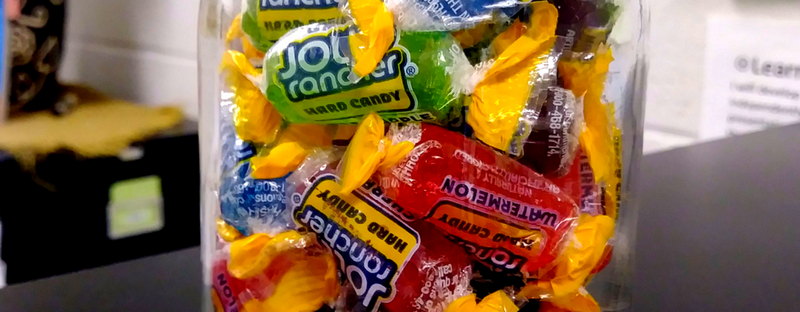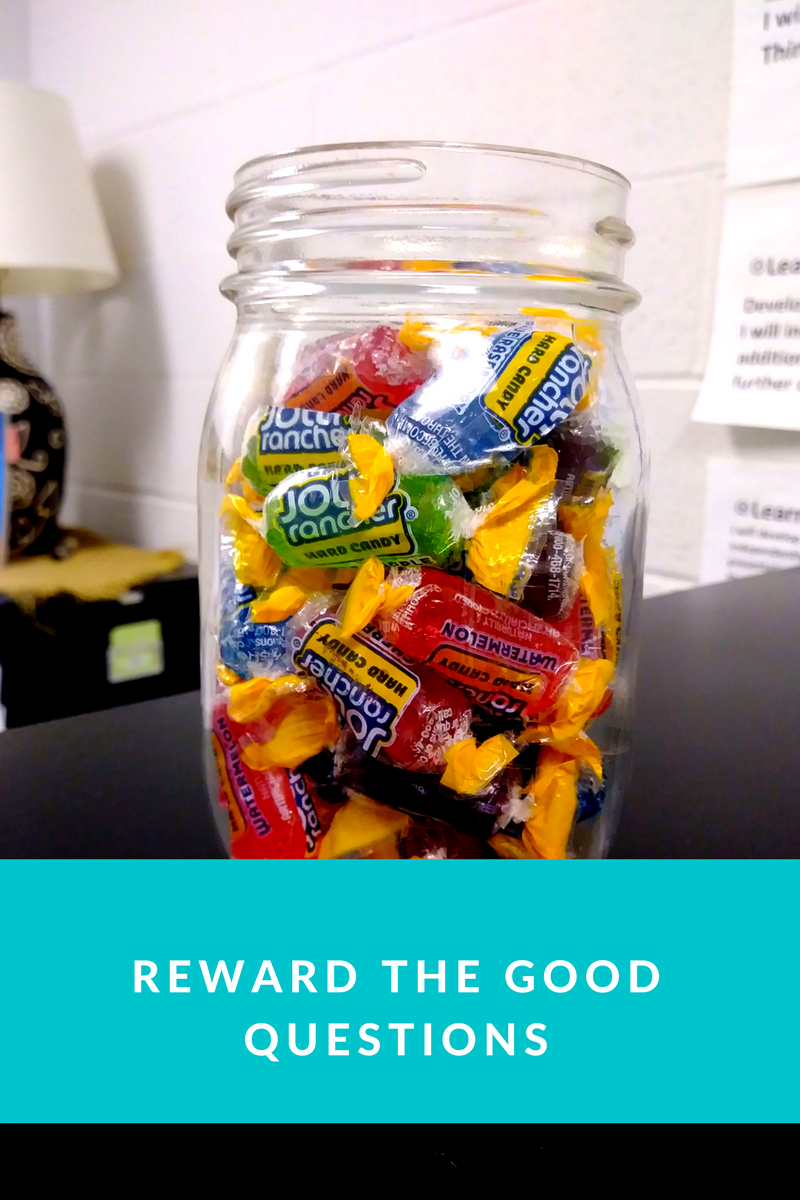
I saw a post on Facebook about podcasts and I decided to post my favorites here. For the past three years, I have traveled between two elementary schools as part of my teaching job. The two schools were 25 minutes apart and left time to listen to a podcast. I also like to listen to podcasts while I go for a walk or do a mindless task like painting the walls. If you are tired of books on tape or don’t want to mess with them, podcasts are really the way to go. Don’t like a podcast? Just click on another one! They are so much fun you want to just start one yourself.
How to listen to a podcast – Just download the Stitcher app on your android phone or Apple podcasts on iOS phones. The Spotify app also has many of these podcasts as well. I never had to sign in with an email for Stitcher. Note: In Settings, Make sure the battery background switch says “Allow background data usage” is ON. I had trouble podcasts pausing every 10 minutes, but changing this setting has fixed all of that.
Alright, so here are my favorite podcasts which include fun ones and educational ones.
#1 – Imagined Life by Wondry – This is my favorite fun podcast and actually got me hooked on podcasts. You listen to a famous person’s life and find out who you are at the end. The actor voices are fantastic, the writing keeps you coming for more and you will know all of the famous people. It is a mix of education and entertainment that puts this in my #1 spot. All of the podcasts are G or PG rating. If there is something that might be questionable, the podcast tells you at the beginning.
#2 History This Week – This is our favorite podcast to listen to as a family. I use this podcast to also teach my own kids about pausing, diction and public communication. The narrator is really, really good. You can also use this to delve more deeply into events you may have already known about or ones that you never heard of… like Operation Mincemeat. The interviews can help you really empathize with the people during that time and place which I think we all need right now.
#3 – Mind Matters – Short, but still in depth, this podcast by Emily Kercher-Morris interviews professionals in the fields of gifted education, special education and clinical psychology. Each episode has interesting information and there is a Facebook group as well for additional questions and/or support.
#4 Freakonomics – Oh I loved these books!! I can’t believe there was a podcast, too! I look forward to Freakonomics every single week. You always learn something new and he delves into the law of unintended consequences just like the Freakonomics book series.
#5 Revisionist History – I loved Malcolm Gladwell’s books so naturally had to check out this podcast after he mentions it in the latest book Talking to Strangers. I do not love every episode… and have skipped around. But there are some really good gems here: first, the podcast about how the rich LA golf clubs are paying real estate taxes based on pre-1978 land purchases. So those huge golf courses in the middle of LA that should be paying close to 9 million dollars in taxes? Yeah, they pay $200,000 per year instead. Second, “Dragon Psychology 101” discusses hoarding and describes it in a very interesting way…. I will let you find that out for yourself. But what also struck me (and Malcolm Gladwell of course) was that the MET in New York City was going to start charging people admission (unless they are residents of New York City) because the MET didn’t have enough money. Yes, you heard me. One of the largest collections of art in the entire world didn’t have enough money… because they couldn’t part with one painting.
#6 Teach Better – The Teach Better Team puts out a quality podcast on general education topics. I love their style where you feel you could go out and share a beer with one of them, you know? The facebook group is great and the blog… I contribute to the blog on Teachbetter.com… so I think it’s pretty good, too 🙂 Some recent and memorable guests include Kim Bearden and Sean Thompson.
#7 The Psychology Podcast – Scott Barry Kaufman interviews people in the field of psychology here in this podcast. I guess you can’t blame him for trying to promote his new book as well 🙂 My latest favorite is the interview he did with Martin Seligman. Here, they review positive psychology and the criticisms that have come against it. At the end, Martin gives his definition of creativity which segues into something we do not mention enough of in school – one criteria for creativity being “usefulness”. Is it creative if it is totally useless? Then again, many creative things weren’t “useful” at the time like frequency hopping developed for World War II, then it went away as useless because the war was over, and now millions (billions perhaps?) use it every single day!
#7 Critical Window – This podcast concentrates on taking research in education and applying it to middle and high school. I pick and choose the podcasts here, but when I do they are excellent. The latest one that I loved was “Lessons in Equity from Gifted Programs.” One recommendation that stood out to me was for high school teachers to have short “internships” during the summer (paid of course) where a math teacher, for example, would go to an architectural firm and learn how math is used there.









